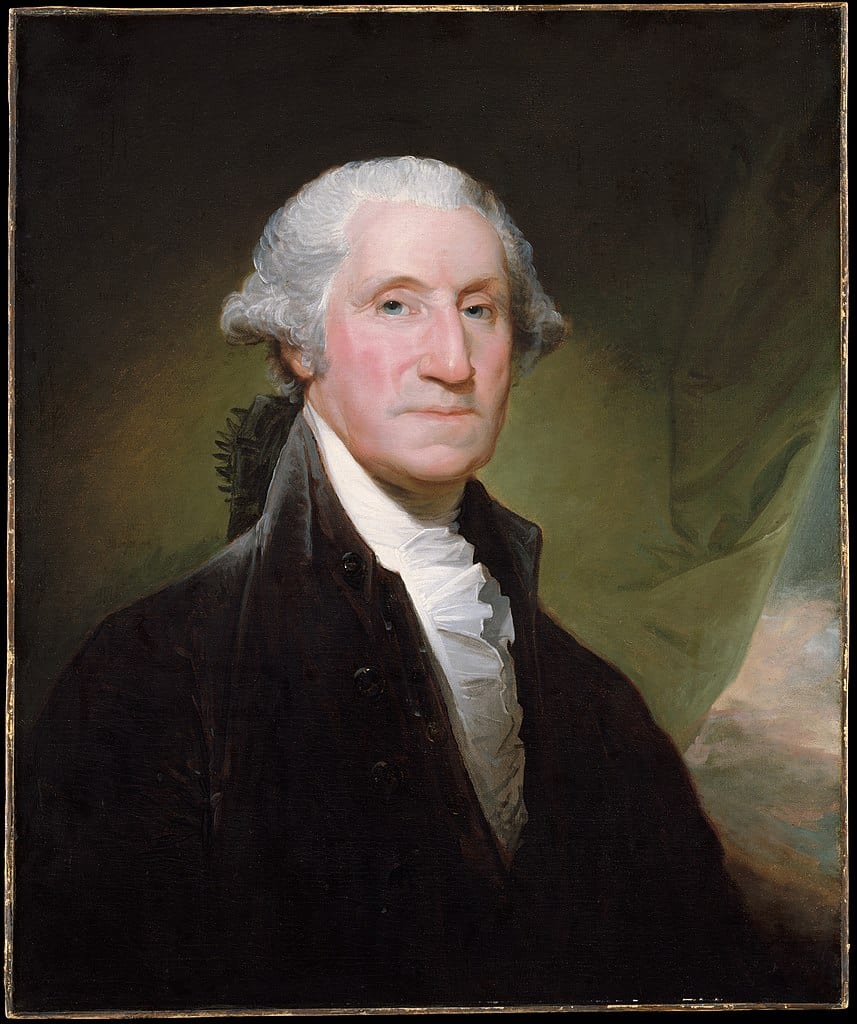The document presented to the American people by the delegates to the Constitutional Convention of 1787 generated considerable controversy. It far exceeded the expressed goals of the convention. Originally called to amend the Articles of Confederation the convention produced an entirely new form of government. It placed powers in federal hands previously in the hands of the states. Among them were the powers to levy taxes and control interstate commerce. Loud voices emerged throughout the young nation, protesting against the threat to their liberties presented by the new federal government. Anti-federalists, as they became known, argued vociferously against the ratification of the new constitution. Others supported ratification only if the document was amended to include protection of specific rights held by all Americans. Another concern was the power of the executive as defined, including its role as commander in chief of the armed forces.

ADVERTISEMENT - CONTINUE READING BELOW
The Constitutional Convention was held largely in secret. The records of its proposals and debates remained hidden from the people as their leaders worked out compromise after compromise. In order to protect this secrecy, two men who had served in the convention attempted to present the arguments for ratification assumed a shared pseudonym. Alexander Hamilton of New York, and James Madison of Virginia, wrote a series of essays for publication. They published under the name “Publius”. They were joined briefly by a third, John Jay, who contributed to the effort until ill-health forced him to withdraw. A series of 85 essays, comprising over 180,000 words, was published in support of ratification of a document which consists of 4,543 words, including 39 signatures. They explained the document, the rationalizations supporting it, and refuted the anti-federalists. Here is how three men helped persuade the states to ratify the US Constitution.

ADVERTISEMENT - CONTINUE READING BELOW
1. The Articles of Confederation were inadequate to govern a nation of states
The 2nd Continental Congress created the Articles of Confederation as the Revolutionary War raged around them. Fearful of replacing a despotic government in London with a despotic government in Philadelphia they severely limited centralized power. The army reported directly to Congress, which could not levy taxes to pay them. The Confederation Congress elected a President, though invested in him with little executive power. Under the Confederation, the individual states controlled trade with each other collected the revenues from international trade and levied taxes on their citizens. The state legislatures selected the delegates representing them in the Congress. If Congress needed money, which it did perpetually, it could only ask the states, literally begging for cash. Their requests were almost universally ignored. The American Revolution was funded primarily through private fortunes.
The Articles of Confederation left room for amendments, but any such changes required unanimous approval of all 13 states. That requirement made alterations virtually impossible, as each state guarded its own powers jealously. Congress had no power to enforce a quorum, which made action on pressing issues difficult to accomplish. Following the end of the Revolution and the disbanding of the Continental Army, each state maintained its own military force. Eleven of the new states had their own navies. Very little about the United States was united. Federalists argued for the need to amend the Articles to create a stronger central government. Anti-federalists who wanted to retain more localized authority, independent of the other states, opposed them. The anti-federalists finally agreed to a convention to modify the Articles in 1787, determined to defend states’ rights against federal control.

